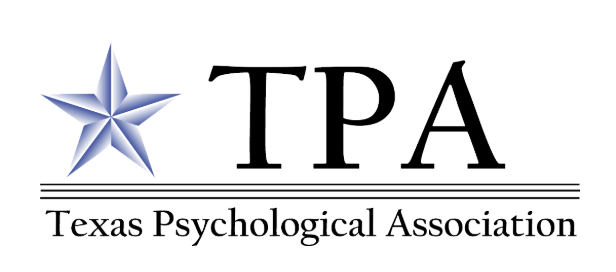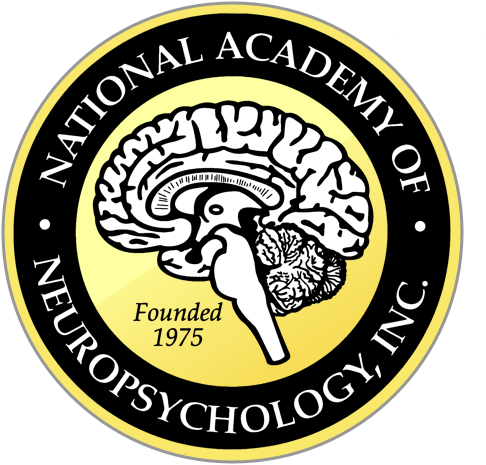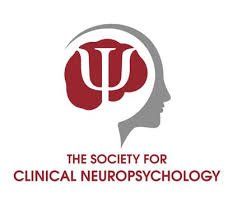Nadine Ndip, PhD
LICENSED PSYCHOLOGIST
-
Children & Adolescents:
Learning Disabilities (Dyslexia, Dyscalculia, Dysgraphia)
Attention-Deficit/Hyperactivity Disorder (ADHD)
Autism Spectrum Disorder & Neurodevelopmental Disorders
Epilepsy & Seizure Disorders
Traumatic Brain Injury (TBI) & Concussion
Cognitive & Psychological Impact of Medical Conditions
Behavioral & Mood Disorders Affecting Cognitive Function
Adults:
Traumatic Brain Injury (TBI) & Concussion
Epilepsy & Seizure Disorders
Cognitive Changes Related to Stroke or Neurological Conditions
Attention & Executive Functioning Deficits (ADHD, Brain Fog)
Memory Concerns & Cognitive Decline
Psychological Conditions Impacting Cognitive Performance
-
Pediatric & Adolescent Neuropsychology
Adult Neuropsychology & Cognitive Functioning
Learning Disabilities & ADHD Across the Lifespan
Neuropsychological Assessment of Epilepsy & Seizure Disorders
Cognitive and Emotional Outcomes After Brain Injury
Psychological Assessment in Educational & Medical Settings
Early Identification & Intervention Strategies for Cognitive Disorders
-
Doctor of Philosophy (PhD) in School Psychology
Texas Woman’s University
Master of Arts (M.A.) in School Psychology
St. John’s University
Bachelor of Arts (B.A.) in Psychology
Vanderbilt University
-
Postdoctoral Fellowship in Pediatric Neuropsychology
University of Minnesota Medical School
Focus: Neuropsychological diagnostic services for children and young adults with neurologic, neurodevelopmental, and neuropsychiatric disorders
-
American Psychological Association (APA)
National Association of School Psychologists (NASP)
-
Peer-Reviewed Publications
McGill, R. J., & Ndip, N. E. (2019). Learning disabilities. Treatment of Childhood Disorders (4th ed.). New York, NY: Guilford Press.
McGeehan, B., Ndip, N., & McGill, R. J. (2017). Exploring the multidimensional structure of the WASI-II. Archives of Assessment Psychology, 7(1), 7-27.
Palomares, R. S., & Ndip, N. E. (2016). Book review: Intelligent testing with the WISC-V. Journal of Psychoeducational Assessment, 1-4. doi:10.1177/0734282916668997
Conference Presentations
Ndip, N. (2022, April). Neuropsychological profile of a child diagnosed with Landau-Kleffner Syndrome (LKS). Poster presented at the Pediatric Research, Education, and Scholarship Symposium, Minneapolis, MN.
Ndip, N., Evans, Y., Maricle, D. E., & Miller, D. C. (2017, July). A comparison of the BRIEF, CEFI, and D-REF on attention and working memory indices among a mixed clinical group. Presented at the School Neuropsychology Summer Institute, Dallas, TX.
Ndip, N., Lerma, B., & McGill, R. J. (2016, April). Construct validity of the Wechsler Abbreviated Scale of Intelligence-Second Edition. Presented at the Southwestern Psychological Association, Dallas, TX.
Professional Memberships
National Academy of Neuropsychology
〰️
International Neuropsychological Society
〰️
APA Division of Clinical Neuropsychology
〰️
Texas Psychological Association
〰️
National Academy of Neuropsychology 〰️ International Neuropsychological Society 〰️ APA Division of Clinical Neuropsychology 〰️ Texas Psychological Association 〰️
✺ Frequently asked questions ✺
-
I specialize in pediatric and adolescent neuropsychology, evaluating children and young adults with learning disabilities, ADHD, autism spectrum disorders, epilepsy, and other neurological conditions. I also work with adults experiencing cognitive changes due to brain injuries, stroke, epilepsy, and neurodegenerative conditions. My goal is to provide comprehensive, developmentally informed assessments that guide diagnosis and treatment planning across the lifespan.
-
A child may benefit from an evaluation if they are experiencing:
Learning difficulties that impact academic performance
Attention and concentration issues affecting daily life
Behavioral, social, or emotional challenges that seem out of proportion
A history of neurological conditions, brain injuries, or seizures
An adult may benefit from an evaluation if they have:
Memory problems, trouble focusing, or difficulty processing information
Cognitive changes after a brain injury, stroke, or neurological diagnosis
A history of seizures, multiple sclerosis, or other conditions affecting brain function
If you or your child have persistent cognitive or behavioral concerns, a neuropsychological evaluation can provide clear answers and actionable recommendations.
-
A neuropsychological evaluation includes:
A detailed interview with the patient (and parents/guardians, if applicable) to gather background information
Standardized cognitive, academic, and behavioral assessments tailored to age and concerns
Observations and questionnaires to assess social, emotional, and executive functioning
A follow-up feedback session to explain results and provide a customized care plan
Testing typically lasts 4 to 6 hours for children and 3 to 6 hours for adults, with breaks as needed.
-
No, as results require careful analysis. A comprehensive report is typically provided within 2 to 4 weeks, and we schedule a feedback session to go over the findings and next steps.
-
Yes! I accept referrals from schools, pediatricians, neurologists, psychiatrists, and other healthcare providers. I collaborate with these professionals to ensure that my assessments provide meaningful, practical recommendations tailored to school, work, and daily life.
-
After reviewing the results, I provide a detailed, individualized treatment plan, which may include:
For children: Educational accommodations (IEPs, 504 plans), behavioral therapy referrals, and strategies for improving executive function
For adults: Cognitive rehabilitation recommendations, medical follow-ups, and lifestyle adjustments to enhance cognitive functioning
Whether the evaluation is for a child, adolescent, or adult, my goal is to provide clear answers and a plan for moving forward.




